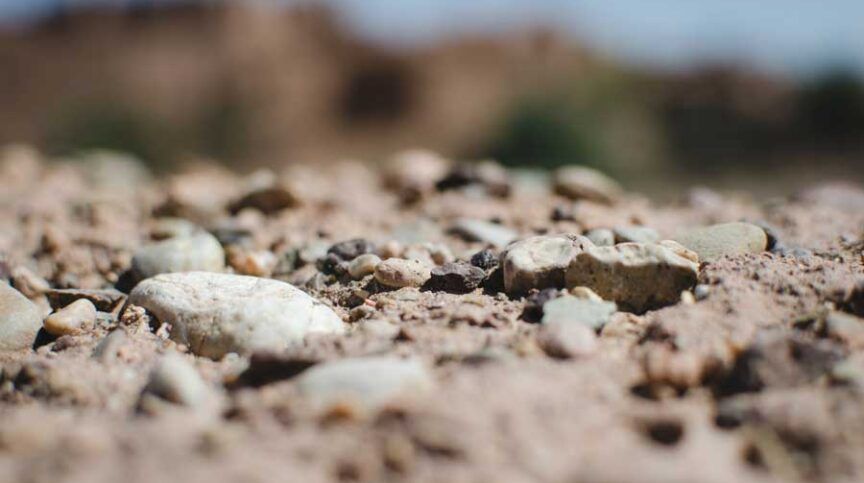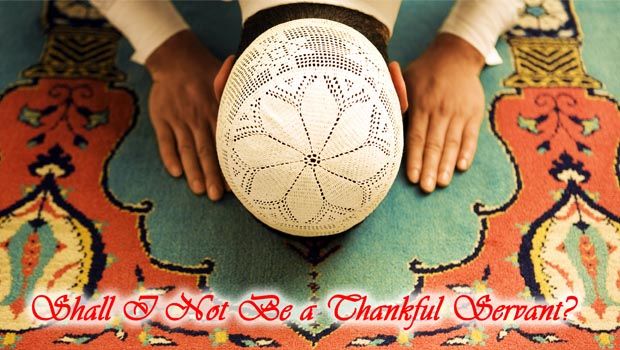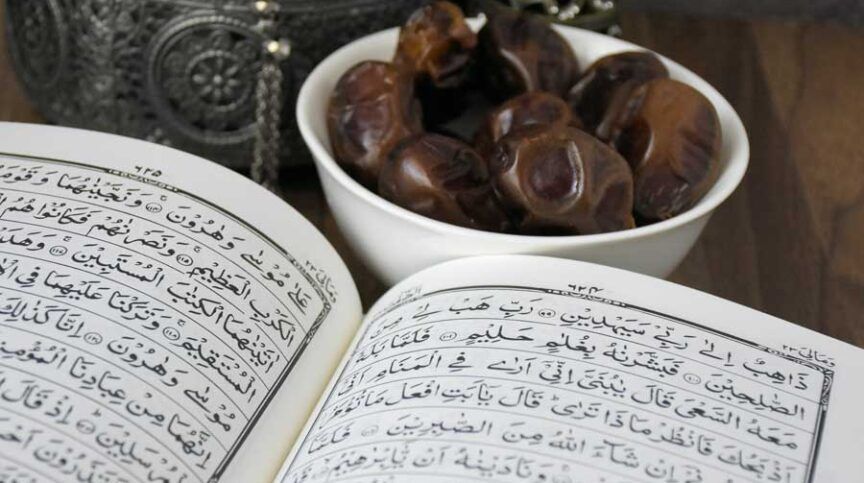How can we thank Almighty Allah for all His great blessings upon us? For sure we are unable to do so properly or adequately in any ultimate way, as His bounties and blessings are endless. We can’t ever comprehend the extent of the favors granted to us, and if we try to count them, we can’t do it. As the Qur’an says: “But if you count the favors of Allah, never will you be able to number them” (Al-Qur’an 14:34). Everything that we possess including our health, wealth, and talents—all are given by Him. Our very existence and our continuing sustenance are also dependent on Allah’s will and favor. So whatever praise is due, it is due to Him alone, for nobody has the power to give us anything except by His will. It is for this reason that Allah (swt) commanded Prophet Ibrahim to say: “It is He who has created me, and so it is He who guides me; it is He who gives me to eat and drink, and whenever I am sick it is He who heals me; and it is He who makes me die and then will bring me to life. And upon Him, I pin my hope that He would forgive my sins on the Day of Judgment” (Al-Qur’an 26:77-82).
The Prophet (pbuh) made it clear that expressing our gratitude to Allah by thanking Him also involves thanking people who benefit us or do favors for us
Allah governs and sustains everything in this universe, and whatever happens to us — even the things we call personal afflictions or natural disasters — are also from Allah. To quote Ibn Ataa, “When Allah puts one of us to a test by losing one, two, or even five blessings, he feels that he is faced with a severe crisis. While in reality he has billions of blessings which Allah is bestowing on him every moment. In every cell in your body, there are countless blessings. In every second you live, there are countless blessings. In every breath you breathe, there are countless blessings. In every glance you make, there are countless blessings. Allah is the One who is worthy of [receiving our] thankfulness.”As a matter of fact, in times of calamity and distress, there is always some good for us, provided we respond appropriately. The Prophet said: “How wonderful is the case of a believer! There is good for him in whatever happens to him — and none, apart from him, enjoys this blessing. If he receives some bounty, he is grateful to Allah and this bounty brings good to him. And if some adversity befalls him, he is patient, and this affliction, too, brings good to him” (Muslim).
So how can we express our gratitude to Allah (swt)? The first and foremost way for us to thank Allah is to be aware of His presence and His power at all times and in all places, and to keep in mind all the favors He has granted to us, whether these favors are seen or unseen. This awareness has tremendous impact upon our daily life, as this brings us to submission and servitude to our Lord. Eman (belief) implies shukr or gratefulness, while kufr (disbelief) indicates overlooking, ignoring, or concealing the favors. Obviously, if a man is ungrateful, Allah is unaffected, but if that man becomes grateful, then he is the one who gains in all ways. Gratitude for blessings brings us more blessings. As Allah says: “And [remember] when your Lord proclaimed: ‘If you give thanks, I will give you more [of My blessings]; but if you are thankless, verily, My punishment is indeed severe’” (Al-Qur’an 14:7).
Second, our gratitude to God should be expressed through gratitude of the heart, gratitude of the tongue, and gratitude of the physical faculties. As Imam Ibn al-Qayyim explained: “Gratitude may be in the heart, in submission and humility; on the tongue, in praise and acknowledgement; and in the physical faculties, by means of obedience and submission” (Madaarij al-Saalikeen-2/246). As for the verbal expression of gratitude which is contradicted by action, Al-Tabari says, “the one who does that, does not deserve to be called grateful at all.”
Third, we should also remember that gratitude is a sense of genuine fulfillment, not because we have ceased to want or desire the good things in this life, but because we have cultivated a profound sense of knowing that Allah has already blessed us with what we need. In one of the hadiths, the Prophet (peace be upon him) said: “…if the son of Adam has one valley, he will wish that he had a second, and if he had two valleys, he would wish that he had a third. The stomach of the son of Adam will be filled only with dust [i.e., he is never satisfied]…” (Ahmad – 5/219). If we wish to transcend that state of malcontentedness, we should learn to truly appreciate what we have rather than fretting over what we don’t.
Finally, gratitude should help us recognize other people’s favors to us as well. The Prophet (pbuh) made it clear that expressing our gratitude to Allah by thanking Him also involves thanking people who benefit us or do favors for us. He (pbuh) said: “He who does not thank people, does not thank Allah” (Ahmad, Tirmidhi). He also said: “Whoever does you a favor, then reciprocate, and if you cannot find anything with which to reciprocate, then pray for him until you think that you have reciprocated him” Abu Dawood (1672).
Truly in gratitude we can find our contentment and fulfillment, our peace and final salvation.






